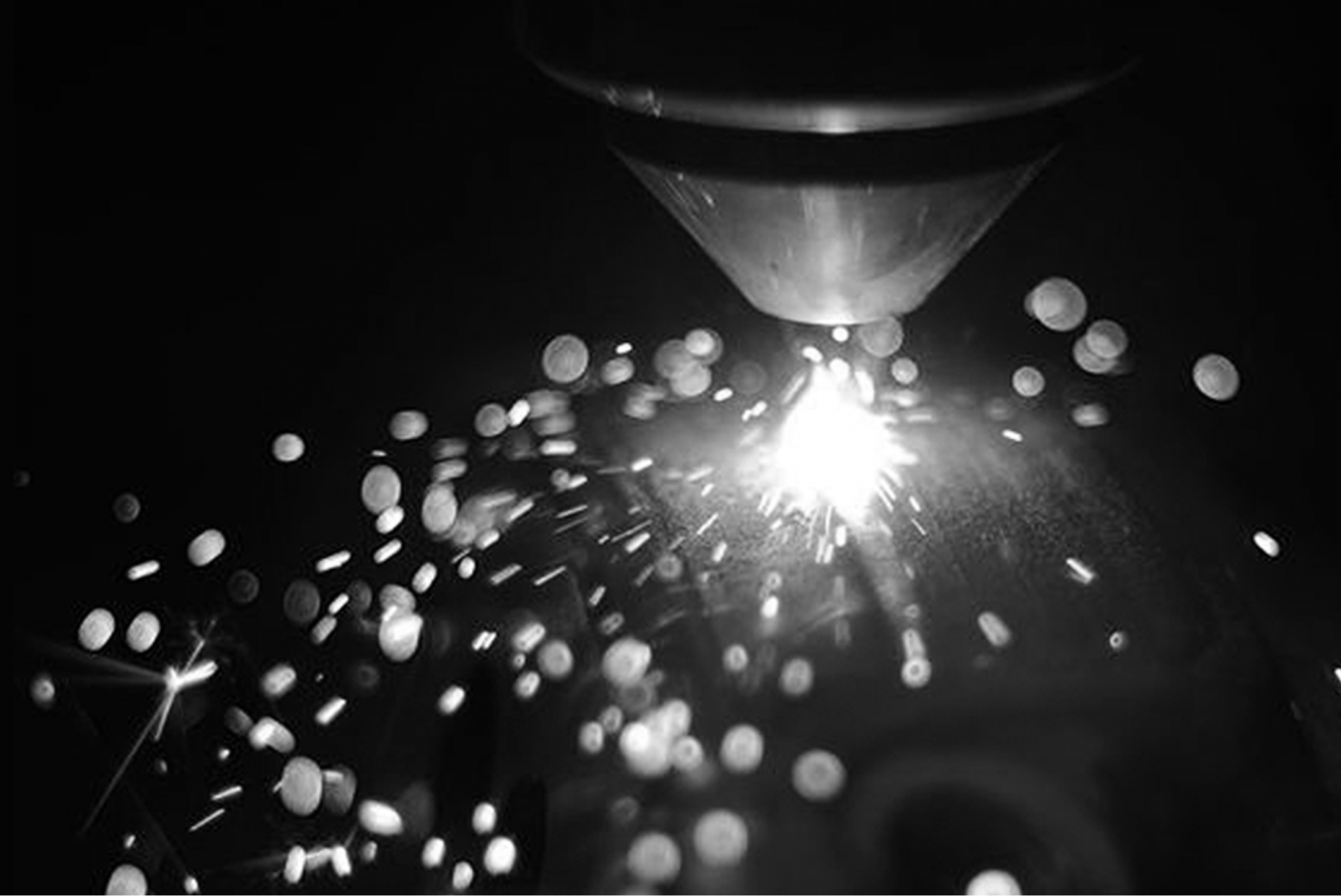The Faculty of Engineering has assembled an advisory group in preparation for remote teaching in the fall semester.
The Online Teaching Advisory Group (OTAG) will examine challenges with online teaching and learning in engineering and provide alternative recommendations to the Faculty Management Group (FMG).
Issues under consideration include:
- Alternatives to labs (videos, simulations, gamification, kits/activities at home, etc.)
- Synchronous vs. asynchronous teaching (how to maintain consistency across the faculty)
- Assessment and testing (online assessment and proctoring, non-exam-based alternative forms of assessment or some combination)
- Equity and access (issues with students’ access to internet, their hardware as well as differences between student learners)
- GA/TA (their roles and required training)
- Lab technicians (their roles in online teaching support)
- IT (hardware/software needs and support required)
- CTL/OOL (needs and the best ways to utilize and liaise with these units)
- Students (their voice and engagement)

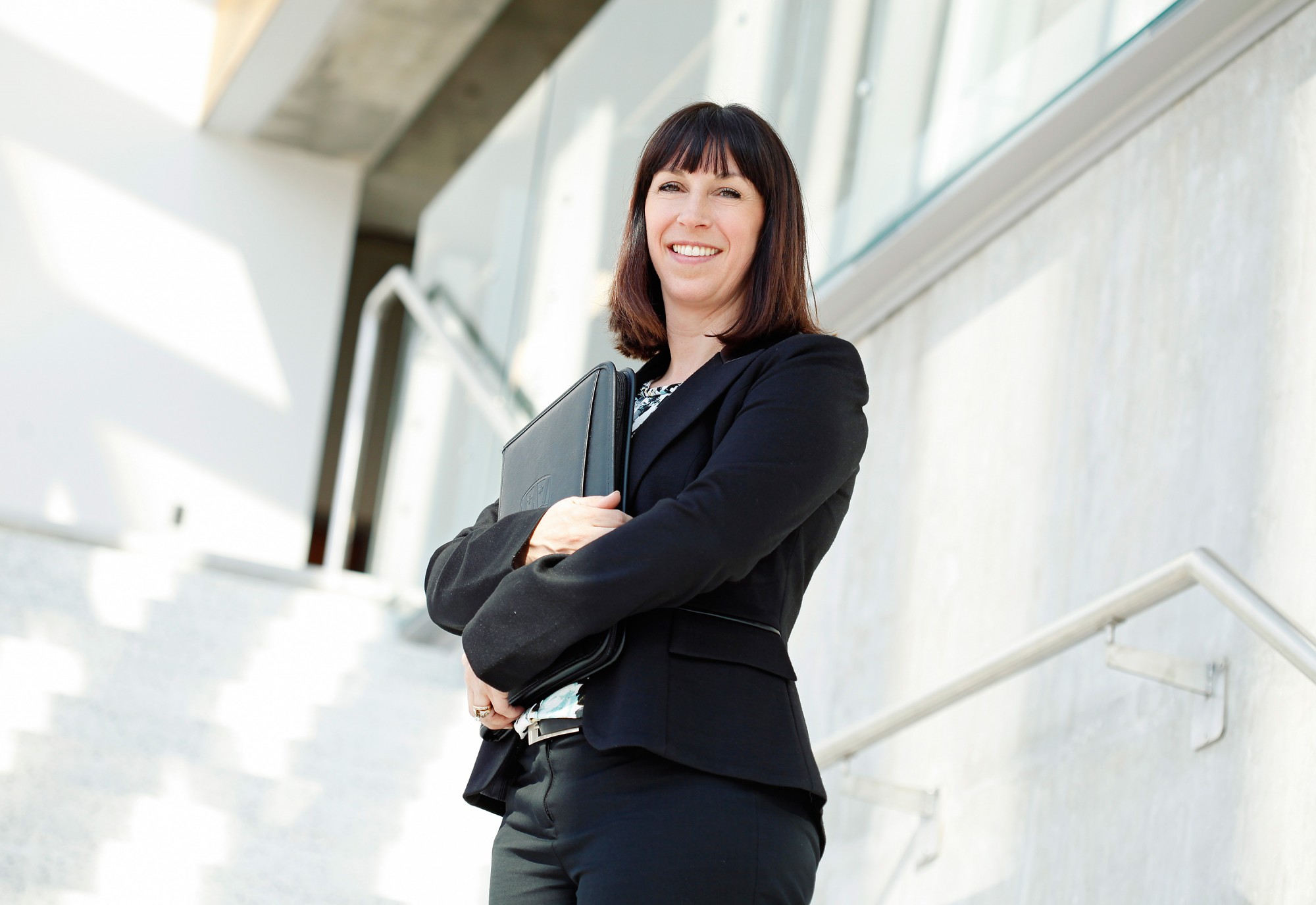
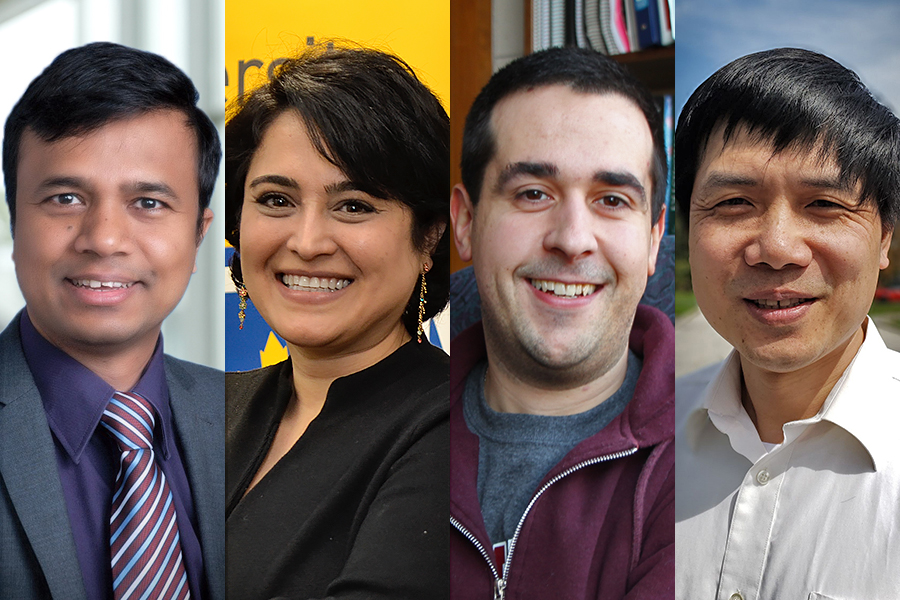
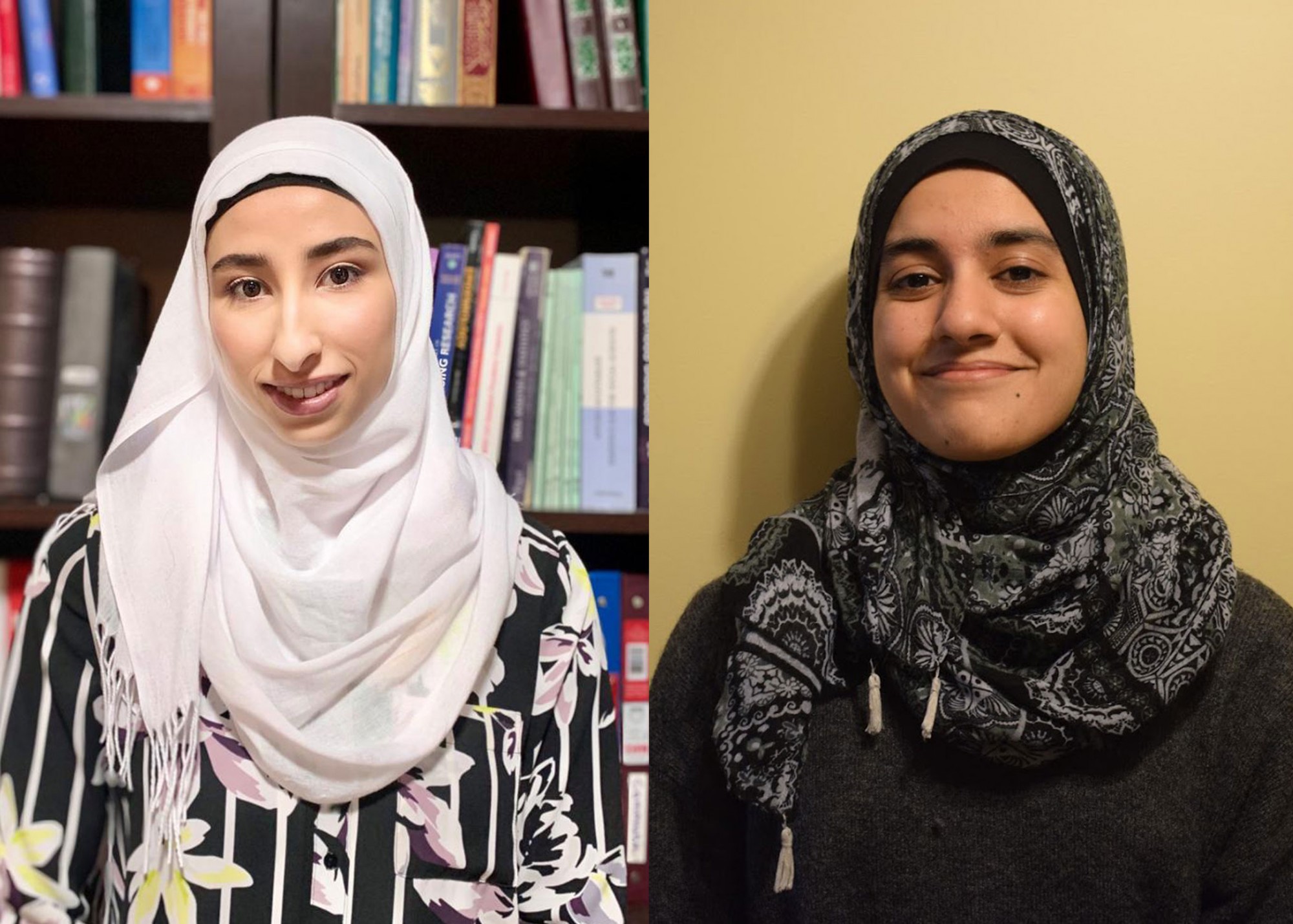
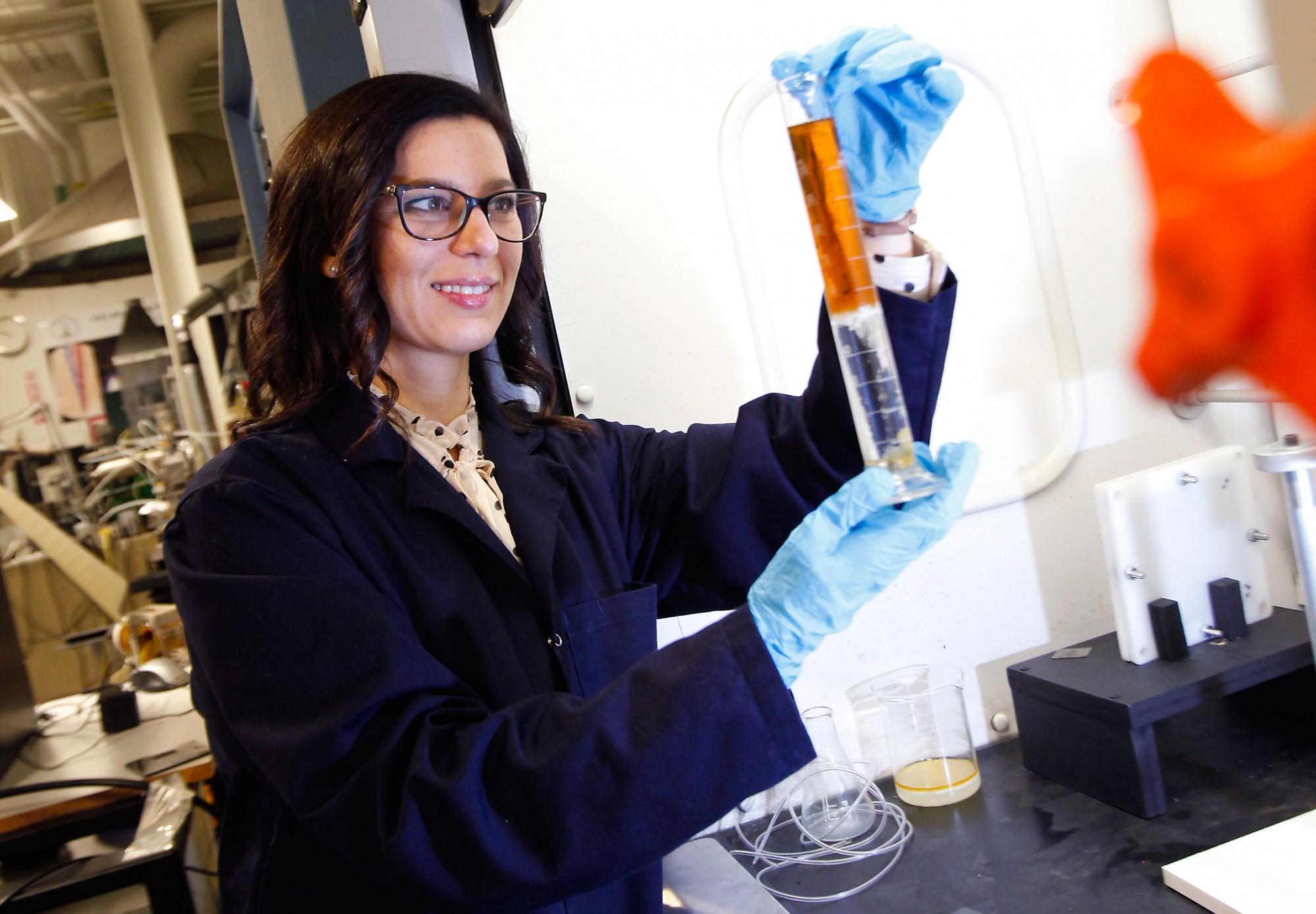
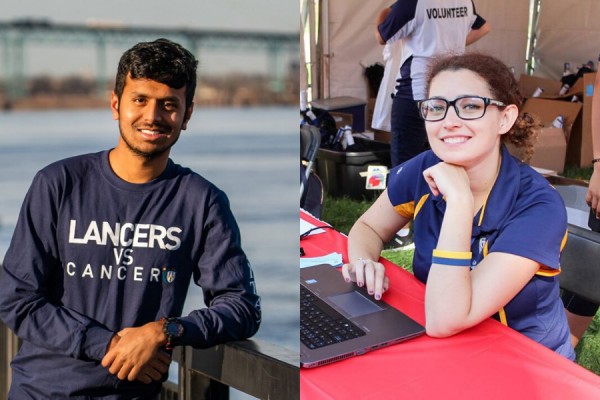
 From energy use to construction waste, there is a lot to consider when designing a building.
From energy use to construction waste, there is a lot to consider when designing a building.